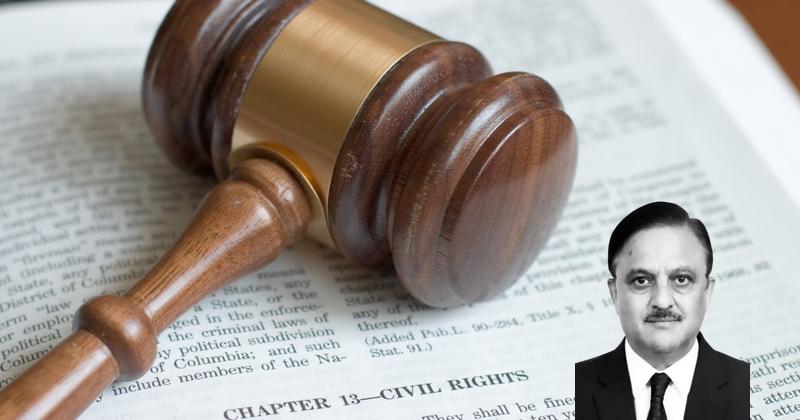The case of Public Interest Foundation v. Union of India saw the Supreme Court tackling the issue of growing criminalization of politics in India. This significant judgment aimed at increasing transparency and accountability among political parties. It highlighted the need for mandatory declaration of criminal cases by contesting candidates and emphasized the importance of informed decision-making by voters. Read on to discover the specific directions issued to political parties in this crucial case.
Analysis
- Over the last four general elections, there has been a consistent increase in the percentage of Members of Parliament with criminal cases pending against them.
- In 2004, 24% of MPs had criminal cases, which increased to 30% in 2009, 34% in 2014, and as high as 43% in 2019.
- The contempt petition highlights the issue of criminalization of politics in India and the disregard of directions given by a Constitution Bench of the Supreme Court.
- The Supreme Court’s 2019 judgment in Public Interest Foundation v. Union of India addressed the growing criminalization of politics and lack of public awareness about it.
- To address this information gap, the Supreme Court issued specific directions including mandatory declaration of criminal cases by contesting candidates, informing political parties about such cases, and ensuring wide publicity through newspapers and electronic media.
- Political parties must upload detailed information on their websites about candidates with pending criminal cases.
- Information should include nature of offenses, whether charges have been framed, court details, and case number.
- Parties must state reasons for selecting candidates with criminal cases and why others without such antecedents were not chosen.
- These directions are issued based on constitutional powers under Articles 129 and 142 of the Constitution of India.
Also Read: Legal Analysis of Property Occupation in Insolvency Resolution
Decision
- Political parties must submit a compliance report to the Election Commission within 72 hours of selecting a candidate.
- Failure to submit the compliance report will result in the Election Commission notifying the Supreme Court for contempt.
- Candidate selection must be based on qualifications, achievements, and merit, not just ‘winnability’.
- Details of candidate selection reasons must be published in local and national newspapers as well as on official social media platforms within 48 hours of selection or at least two weeks before nomination filing.
Also Read: Legal Analysis on Physical Ability in Rape Case
Case Title: RAMBABU SINGH THAKUR Vs. SUNIL ARORA (2020 INSC 177)
Case Number: CONMT.PET.(C) No.-002192 / 2018



